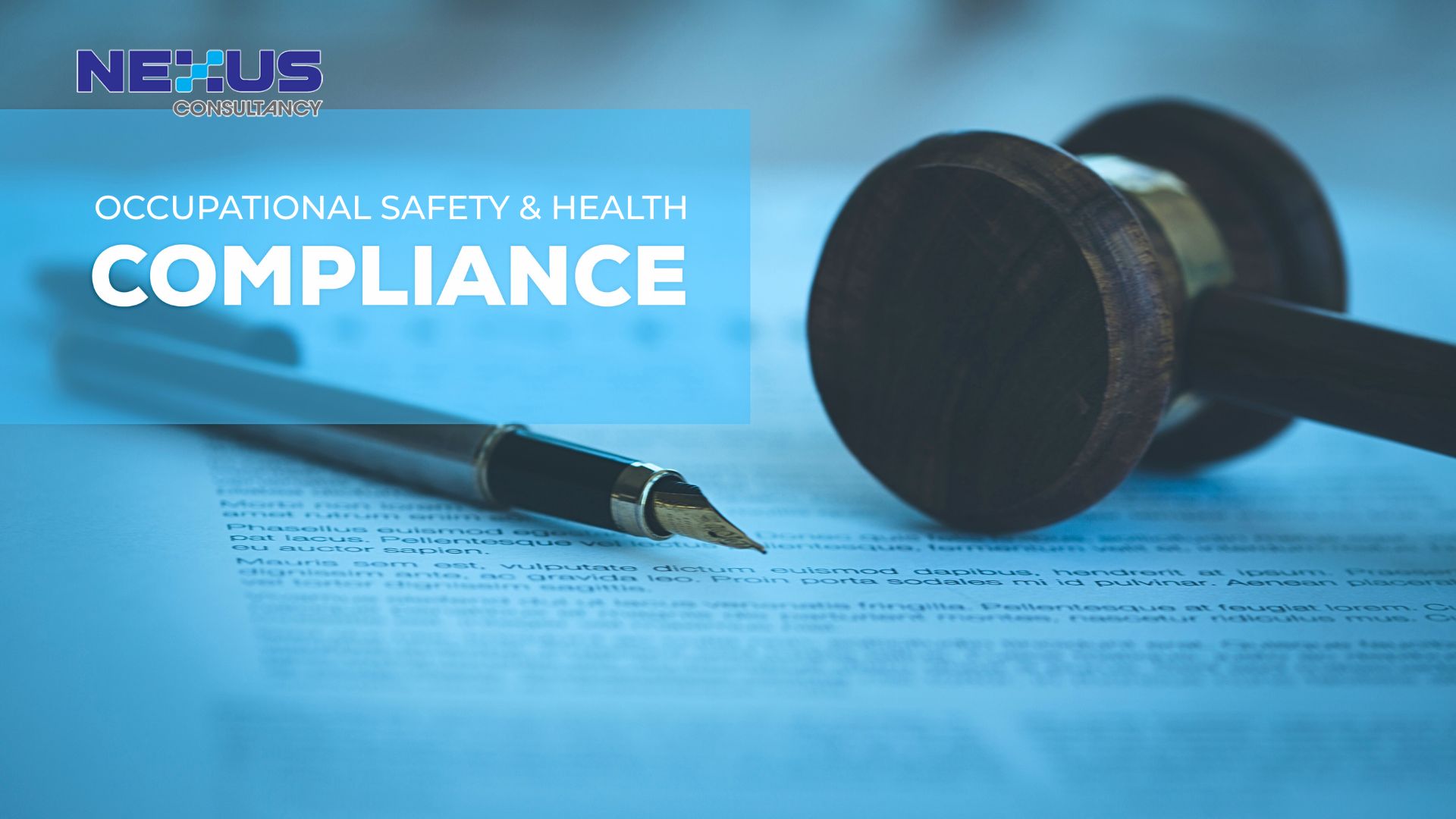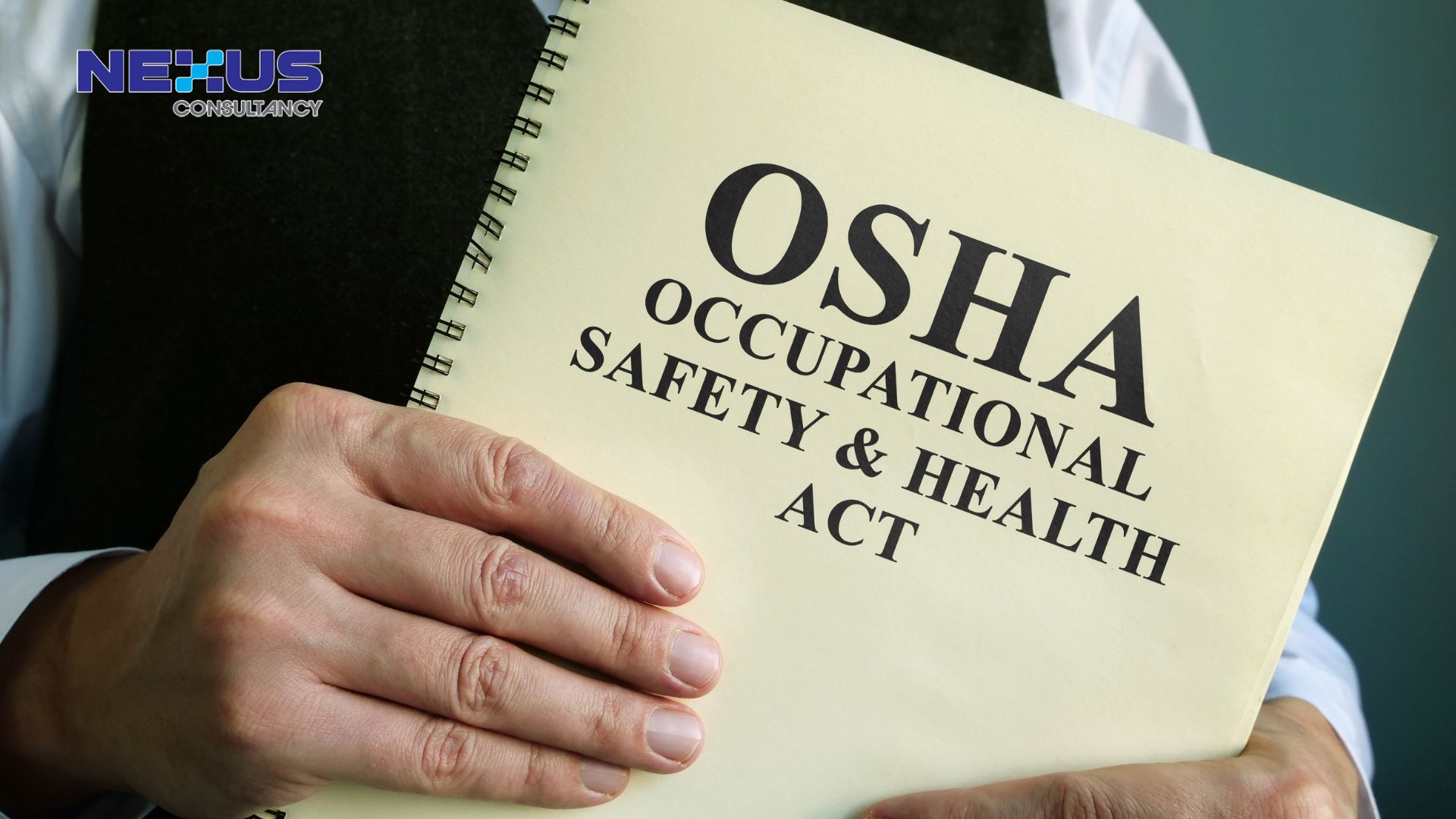
Darren Tang
Director
ESG issues are increasingly important for companies as regulators, investors, employees, and society as a whole are paying closer attention to companies’ ESG efforts.
– 3 mins read

In Environmental, Social and Governance (ESG), social pillar refers to an organization’s relationships with its stakeholders. Examples of factors that an organization may be measured against include employee engagement, human rights, labor standards, working conditions, health and safety and communities’ relations.
In this week’s newsletter, let’s take a look at labor consideration for employers in the SME sectors. Labor standards offer protection to both the workers and employers, ensure that workers receive their fair pay and compensation, ensure job security, regulate breaks and work hours, promote better working conditions, reduce conflicts and more. Employers gain more productivity and profits from secure, healthy, and happy workers.
Among the areas that SMEs should know and also address in many labor standards are:

Employment is Freely Chosen
There should not be any forced or bonded labor. Employer shall not keep workers’ deposits, passports or other form of identity papers. Workers should be free to choose their employment and free to leave by providing reasonable notice.

Freedom of Association
Workers shall be given the right to join or form worker representation/ union, in order for workers to collectively bargain with the employer. Workers shall not be discriminated against should they join or form worker representation/ union, and shall be allowed to carry out their functions.

No Employment of Child Labor
The employer shall not employ child labor, that below the age of 15 in accordance to national’s Children and Young Persons (Employment) Act 1966. Age check shall be carried out during hiring stage.

Pay and Benefits
Minimum pay shall at least fulfil the national’s Minimum Wages Order 2022 which is RM1,500/month effective 1 May 2022. Benefits example overtime pay, rest days, public holidays shall be in accordance to Employment Act 1955. Employer shall have clear documentation with workers and workers shall be made to understand their employment conditions regarding the pays, any deductions where applicable and their benefits.

Working Hours
Working hours must comply with Employment Act 1955 or collective agreements, whichever provides better protection to the workers. According to Employment Act 1955, working hours shall not exceed 48 hours per week. Any overtime above the working hours shall be voluntary. The maximum number of overtime hours that a worker can be required to work is 104 hours in any one month.
Understanding of the labor requirements helps SMEs to ensure their workers are well protected. Create awareness among workers so that the workers understand their rights and know what is expected of them. Protected and empowered workers would in turn protect the employer’s productivity and profits.
Understanding of further customers’ or buyers’ requirements with regards to labor, for example the need for compliance to International Labor Organization (ILO) standards or other standards, would also help gain current or future customers’ trust. Carry out continuous improvement by developing action plan to address gap, if any, to further improve the organization labor conditions.
Feel free to contact us to learn more about ESG
More Article
ESG for SMEs: Simple Steps to Get Started (Even with a Small Team)
Chief Operating OfficerSimple ESG tips for SMEs. Begin your journey with support from trusted ESG consultants in Malaysia.In today’s business environment, Environmental, Social, and Governance (ESG) practices are no longer just for large corporations. Small and...
What Is Food Safety Culture and Why It Matters More Than Ever
Chief Operating OfficerLearn why food safety culture is a must-have for compliance, brand trust, and growth—backed by ISO consultants in Malaysia.In today’s competitive and tightly regulated food manufacturing landscape, compliance alone is no longer enough. To...
Why Proactive OSH Legal Compliance Is Good for Business Reputation
Chief Operating OfficerWorried about Malaysia’s OSH Act penalties or workplace audit readiness? Discover how proactive OSH compliance builds trust, reduces fines, and supports ESG goals.In today’s competitive market, companies are judged not just by their products or...
Positioning Your Brand for the Future with Strategic ESG Reporting in Malaysia
Chief Operating OfficerLooking to strengthen trust, investor appeal, and brand leadership in sustainability? Learn how ESG reporting in Malaysia is powering business growth. Start your ESG reporting journey with expert support!In a world where trust and transparency...










